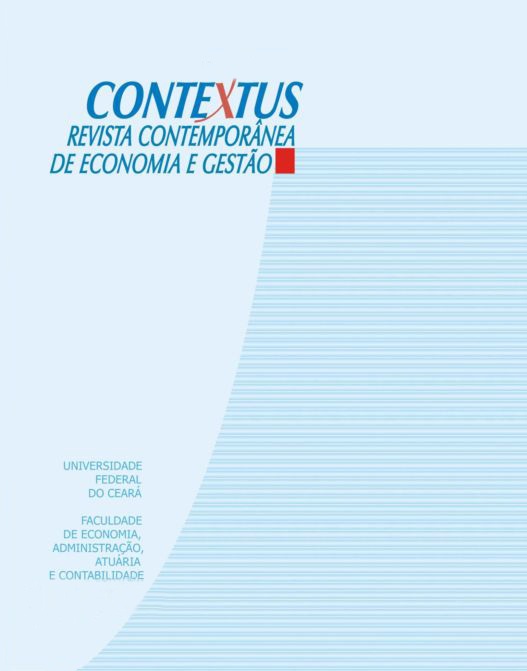O perfil do contador e os níveis de habilidades cognitivas nos exames Enade e suficiência do CFC: uma análise sob a perspectiva da taxonomia de Bloom
DOI:
https://doi.org/10.19094/contextus.v11i1.32157Keywords:
Avaliação em Ciências Contábeis. Taxonomia de Bloom. Habilidades Cognitivas. Enade. Exame de Suficiência.Abstract
Esta pesquisa identifica se os níveis de habilidades cognitivas demandados pelo Enade e pelo Exame de Suficiência doCFC são aderentes ao perfil do Contador estabelecido pelo Conselho Nacional de Educação (CNE), na perspectiva daTaxonomia de Bloom. Foram analisadas duas edições do Enade e as duas últimas edições do Exame de Suficiência,bem como o perfil profissional requerido dos contadores pela Resolução CNE/CES 10/2004. As questões dos exames eo perfil profissional estabelecido pelo CNE foram classificados em dois níveis de habilidades cognitivas da Taxonomiade Bloom: no primeiro nível, considerou-se um menor nível cognitivo; e, no segundo, um maior nível. O teste designificância para proporções assinalou que os níveis de habilidades cognitivas solicitados pelos exames não sãoaderentes ao perfil previsto pelo CNE. Quanto à frequência das questões, não foram cobradas questões de maior nívelcognitivo, embora em 2009 o Enade não tenha apresentado diferença significativa entre as questões.Downloads
Published
How to Cite
Issue
Section
License
The authors, while doing the submission, accept the notice below:
We authors hold the copyright related to our paper and transfer Contextus journal the right for the first publication with a Creative Commons’ international license of the modality Attribution – Non-commercial 4.0, which in turn allows the paper to be shared providing that both the authorship and the journal’s right for initial release are acknowledged.
Furthermore, we are aware of our permission to take part in additional contracts independently for non-exclusive distribution of the version of our work published in this journal (e.g. publishing it in an institutional repository or as a book chapter), while acknowledging both the authorship and the journal’s initial publication.
We also certify that the paper is original and up to this date has not been released in any other journal, Brazilian or of another nationality, either in Portuguese or another language, as well as it has not been sent for simultaneous publication in other journals.
Last, we not only know that plagiarism is not tolerated by Contextus but also certify the paper presents the sources of passages from cited works, including those authored by ourselves.









3.png)


1.jpg)



1.jpg)


1.jpg)






.jpg)



1.jpg)

1.jpg)


1.jpg)

1.jpg)
1.jpg)
2.png)




1.jpg)
2.jpg)

1.jpg)





1.jpg)


1.jpg)
1.jpg)
